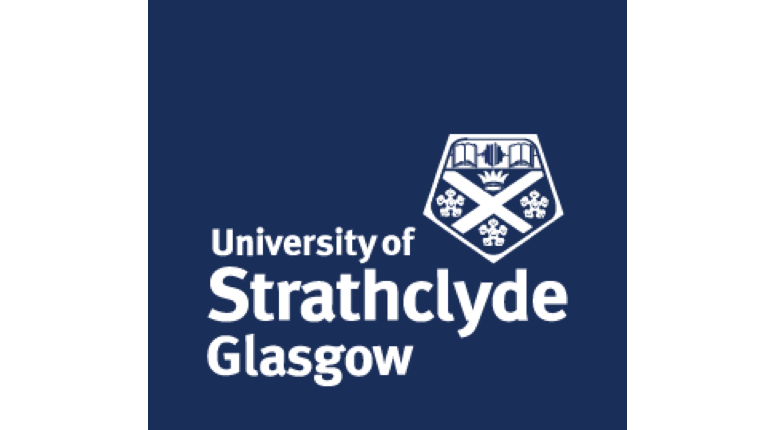
Strathclyde Chemistry student strikes gold at Westminster
A postgraduate Chemistry student at the University of Strathclyde has struck gold in a competition in the House of Commons, for the excellence of his research.
David Fallon was the winner in the Chemistry category of STEM for BRITAIN, a UK-wide competition run by the Parliamentary & Scientific Committee.
He presented his chemistry research, on applications of photolabelling, to dozens of politicians and a panel of expert judges. He received a £2000 prize and medal after being judged against 29 other shortlisted researchers’ work.
David is a student on Strathclyde’s collaborative chemistry programme with pharmaceutical company GSK. He is Strathclyde’s fourth gold medallist – and seventh medallist overall – at STEM for BRITAIN, and its predecessor, SET for BRITAIN, in the past eight years.
He told the Royal Society of Chemistry: “I feel elated to win, I absolutely didn’t expect it. Just to see all your three years of work on one page is fantastic enough, but then to end up winning the medal is just absolutely fantastic.
“I’d really recommend (that others apply in future). I got questions on my poster from so many different fields, that you just don’t get if you only present at scientific conferences. It was a fantastic experience to express my work in lay terms – because it needs to be expressed that way if it’s going to benefit the rest of society.”
Stephen Metcalfe MP, Chair of the Parliamentary & Scientific Committee, sponsors of the chemistry awards said: “The Parliamentary & Scientific Committee is delighted to sponsor the chemistry awards. This annual competition is an important date in the parliamentary calendar because it gives MPs an opportunity to speak to a wide range of the country’s best young researchers.
“These early career engineers, mathematicians and scientists are the architects of our future and STEM for BRITAIN is politicians’ best opportunity to meet them and understand their work.”
Innovations
The Royal Society of Chemistry’s chief executive, Dr Robert Parker, said: “STEM research leads to the innovations that improve our lives and drive our economy. At the Royal Society of Chemistry, we’re committed to maximising the impact of the chemical sciences, and that includes raising the profile of science with decision-makers. STEM for BRITAIN is a fantastic opportunity for politicians to hear first-hand from some of the UK’s most talented young researchers about their work. We’re proud to support this exciting event for the 11th year and to celebrate the achievements of all our finalists today.”
The Parliamentary and Scientific Committee runs the event in collaboration with the Council for the Mathematical Sciences, the Institute of Physics, The Physiological Society, the Royal Academy of Engineering, the Royal Society of Biology and the Royal Society of Chemistry; with financial support from Research Councils UK, Warwick Manufacturing Group, the Clay Mathematics Institute, the Heilbronn Institute for Mathematical Research, the Nutrition Society, the Institute of Biomedical Science, the Comino Foundation and the Society of Chemical Industry.
David’s win at STEM for BRITAIN follows successes for: Jason Williams (Chemistry bronze, 2018); Joanna Sadler (Chemistry gold, 2016); Joshua Barham (Chemistry silver, 2016); Natalie Theodoulou (Chemistry silver, 2015); Graham Robertson (Biology gold, 2014), and Jeannette Heiligers (Engineering gold, 2012).
Scotland has an emerging international reputation in Industrial Biotechnology (IB) reflecting the cooperation and leadership coming from industry and Government. Find out more about the Industrial Biotechnology sector, here.